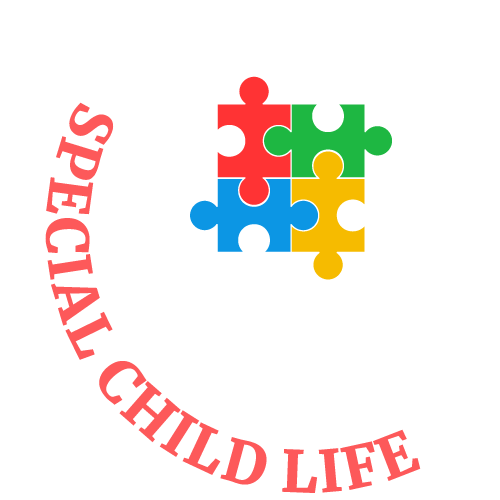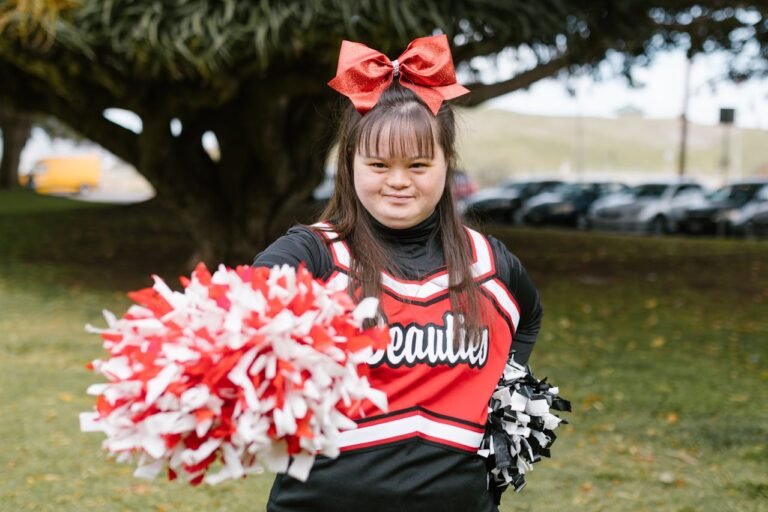Understanding Conduct Disorder Signs in Special Children is vital for identifying and addressing behavioral demanding situations in children and youth. If caregivers and educators can identify its signs early, helpful assistance can be given in time for healthier improvement. Conduct disorder is marked by continuing patterns of aggressive, defiant, and disruptive behaviors.
These behaviors usually infringe on policies and violate the rights of others, making everyday interactions difficult. Early intervention can significantly alleviate the effects of conduct illness in that it helps the individual examine appropriate behaviors and develop crucial social abilities. Hence, diagnosing these indicators early can lead to greater results and a better quality of life for the affected ones.
Key Signs of Conduct Disorder
Definition and Overview of Conduct Disorder
- What is conduct disorder?
- Diagnostic criteria according to DSM-5.
Behavioral Symptoms
- Aggression: Examples of aggressive behaviors in young children and kids.
- Disobedience: Steady disobedience towards an authority figure.
- Conduct Behaviors: Devious behaviors that infringe on rules and social customs.
Emotional Symptoms
- Lack of Empathy: Inability to understand others’ feelings or points of view.
- Anger Problems: Easy irritability and explosive anger that is not in proportion to the situation.
This outline addresses the top elements of conduct disorder, focusing on behavioral and emotional symptoms commonly diagnosed in individuals with this disorder.

Diagnosis of Conduct Disorder Signs in Special Children
Assessment Process
- Behavioral Assessments: Tools or instruments used to measure patterns of behaviors and indicators.
- Interviews: Structured interviews with the child or adolescent and their caretakers.
Diagnostic Criteria According to DSM-5
- Specific guidelines and criteria are used by professionals in diagnosing Conduct Disorder.
- Classification and subtypes are grounded on severity and distinctive behavioral patterns. f) Roles of Professionals Involved
Roles of Professionals Involved
- Psychologists: Conducting mental evaluations and reviews.
- Psychiatrists: Diagnosing and dispensing treatments based on clinical assessments.
This definition provides a dependent method to understand how Conduct Disorder Signs in Special Children are diagnosed, the assessment techniques utilized, and the roles of different experts within the diagnostic procedure.
Effective Strategies and Interventions
Behavioral Therapy: Cognitive-behavioral therapy (CBT)
- Explanation of CBT: The way it helps in determining and modifying negative thought patterns and behaviors.
- Techniques Used: Skills training, problem-solving techniques, and role-playing.
Parenting Strategies
- Positive Reinforcement: Rewarding positive behaviors to motivate their repetition.
- Consistency in Discipline: Enforces the rules and their outcome, with an inflexible application of them.
School-Based Interventions
- Individual Behavioral Support Plans: Tailor-made support arrangements for addressing aberrant behavior in the classroom contexts.
- Accommodations in Learning Environment: Adapting it to enable and facilitate educational and behavioral success.
This definition focuses on evidence-based interventions used commonly in the treatment of Conduct Disorder. This focuses on treatment intervention, effective parenting skills, and a school-based support system.
Assisting Individuals with Conduct Disorder Signs in Special Children
Importance of Family Support: Creation of a warm and supportive home environment. Techniques for setting limits and providing consistent space. Collaboration with Educators and School Staff: The role of communication between parents/guardians and educators. Support plans for both behavioral support and academic accommodations.
Support Groups: How to join local or online support groups for parents/guardians and individuals affected with Conduct Disorder.
Counseling Services: How to find and secure further professional counseling or treatment for behavioral actions and emotional support. This describes the essential tasks of support for individuals with Conduct Disorder. It outlines the roles played by families, educators, and community resources in containing and improving the outcomes of those affected.
FAQs about Conduct Disorder
What are the early signs of conduct disorder?
The early signs are aggressiveness, breaking rules, and disobedience in children.
The behavioral trends are cruelty to animals or human beings, property destruction, and frequent lying.
How is conduct disorder different from other behavioral disorders?
Distinctions between behavioral illness, oppositional defiant illness, and other associated behavioral disorders
Their different diagnostic criteria are in line with the DSM–5. CanDSM–5Can conduct disorder be outgrown?
Developmental potential with age and also intervention
Their prognostic variables and long-term consequences are discussed
What are the best parenting strategies for a child with conduct disorder?
Positive parenting practices involve super reinforcement, a consistent field, and defined boundaries.
Working together with the mental health service providers and teachers in executing individual methods.
Are there any long-term effects if left untreated?
The analysis of the possible outcomes involves educational issues, prison problems, and interpersonal difficulties.
Reiterating that early intervention, as well as follow-up boost, is vital.
Final Note
Conduct Disorder Signs in Special Children is the identification of the principal symptoms, walking through the diagnostic manner as per DSM-five criteria, and the enforcement of effective interventions like behavioral therapy, and other supportive ways of life skills. Thus, families and caregivers should remain vigilant for early signs and search for expert aid directly.
In the instance of Conduct Disorder, if you detected it in an infant or adolescent, earlier intervention would much improve the outcome? There is much to be done by working collaboratively with psychologists, psychiatrists, and educators in tailoring individual treatment programs. Always remember that family, college, and community resources play the most vital role in dealing with such a challenging situation. Such constant support, information, and active involvement are necessary for families and caretakers. Here you can share your story.
Encourage open conversation and search for guidance from emotional health professionals who concentrate on behavior issues. We can partially provide the necessary assistance to help those with Conduct Disorder Signs in Special Children be successful.






